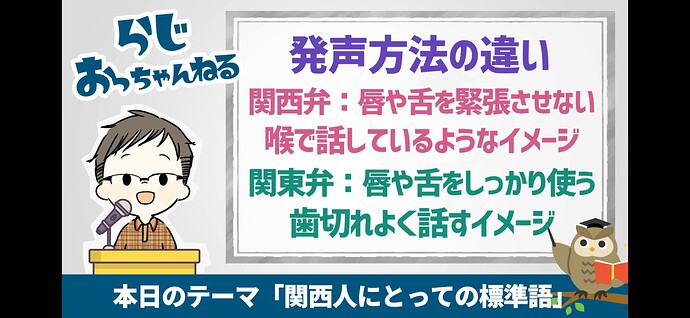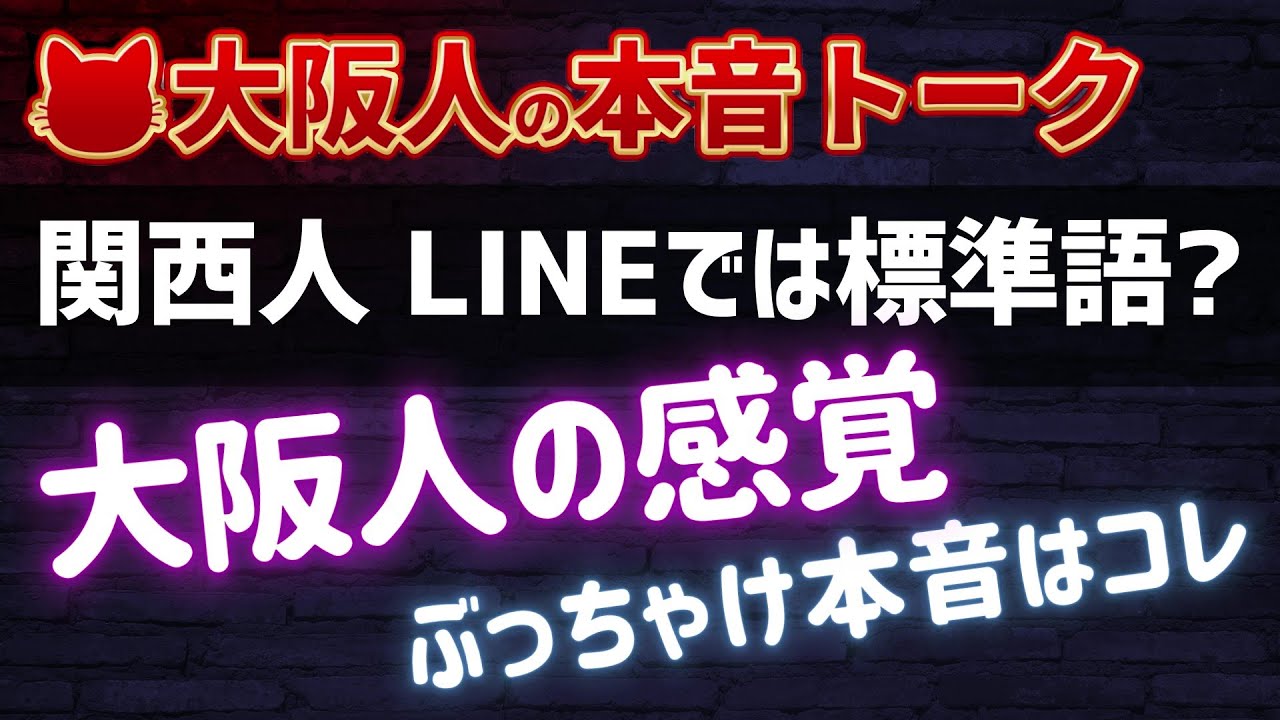Conversation Lesson
Had conversation lesson w/ T-sensei today, and we went over passive form a ton, which was very helpful. Watched parts of a Big Bang Theory episode, and came up w/ sentences based on that. I really like this sort of format… cuz that’s the sorta practice that’s useful for me - more so than free talk, at this point. He gave me a Shirobako graphic to talk about next time (or for homework? idk, I was kinda fuzzy by that point)
Sentences he had me say, during lesson
Painting は バーナデット に 見られてる
Painting は かべ に かけられてる
シェルドン は アイミー に みられている
レナード は シェルドン に 質問 を 聞かれてる
レナード は シェルドン に 質問 されてる
ボード は 持たれてる
ハワード は ふられた
ハワード は こばまれた
ハワード は 拒否された
ハワード は 女の人 に さわられている
ハワード は 女の人 に ふれらている
女の人 は みんな に きかれている
バーナデット は アメフト みたい に あつかわれられてる
バーナデット は 父 に Kiss された
ハワード は かのじょ の 父 に 握手 された されてる
受動態 は あんまり 使われてない
ハワード は 父 に バカ に されてる
ハワード は はは に 叫ばれている
ハワードの母 は ハワードに叱られている
その時の食事は永遠みたいだった って ハワード に 教えられている
その時の食事は永遠みたいだった って ハワード に 伝えられている
”その時の食事は永遠みたいだった” って ハワード は 言われてる
In that sense, I should try the Miku Real Japanese shadowing exercises again, to work on stuff like this… but just shadowing Kansai stuff is enough rn
Shadowing
So far I’ve been shadowing:
- Yume track - pretty well. I’d say like 90-95% accurate on normal speed, without much difficulty. Mostly just timing in the second half. Also my って is not quite articulated right 100% of the time. But it’s close
- Kansaibenkyou - the two conversations. I can keep up with like the beginning or different parts of them. But other parts I stumble over the words (rather than the intonation) b/c it’s just too fast - and that’s at .75x!!
- セトウツミ - basically same deal as Kansaibenkyou, but sometimes even faster
- わかりやすい関西弁 - these are great, b/c they’re short phrases, repeated twice, rather than full conversations.
I just went through the vid w/ the 1-mora words (which always get extended to two mora). So I both had to pay attention to both the 2-mora intonation, and sentence level. I can usually get sentence level fairly quickly - but often only after hearing it. With the vocab words themselves, I’m very mixed. I especially have trouble with LH pitch pattern - which it feels like basically goes up by a micro-tone, before hitting the half-step, on the following mora (比喩だけが… idk whether it’s actually equivalent to a micro/quarter tone - but it’s easy for me to conceptualize it like that)… Actually it looks like even the HLL pattern often follows this “micro tone instead of half-step”, at least on a word-level. In sentences, the intonation certainly rises and falls more than that
I wish there was a Minimal Pairs test, but for Kansai intonation patterns. Anyway, I’m gonna start writing out the vocab intonation from the shadowing vids, in the comment below this one, so I can reference them outside of the videos themselves. I’d love to eventually write out the sentence level intonation… but that feels like I’d be getting in over my head. So I’ll stick to vocab for now.
Edit: I just figured out how I can shadow ラブ★コン stuff, without driving myself crazy trying to make clips… Subs2srs exists literally for this purpose ![]() So I’ll make an anki deck for each episode, and just suspend the cards that aren’t useful. Update: Tho some of the lines don’t do so well, b/c there’s a lot of overlapping dialogue. Might try giving the next ep some padding, if I manage to get through this one, at any point. This will definitely help with the fast speech… The faster speech here is like around the normal speech rate for the other stuff I’ve been shadowing so far
So I’ll make an anki deck for each episode, and just suspend the cards that aren’t useful. Update: Tho some of the lines don’t do so well, b/c there’s a lot of overlapping dialogue. Might try giving the next ep some padding, if I manage to get through this one, at any point. This will definitely help with the fast speech… The faster speech here is like around the normal speech rate for the other stuff I’ve been shadowing so far ![]()


